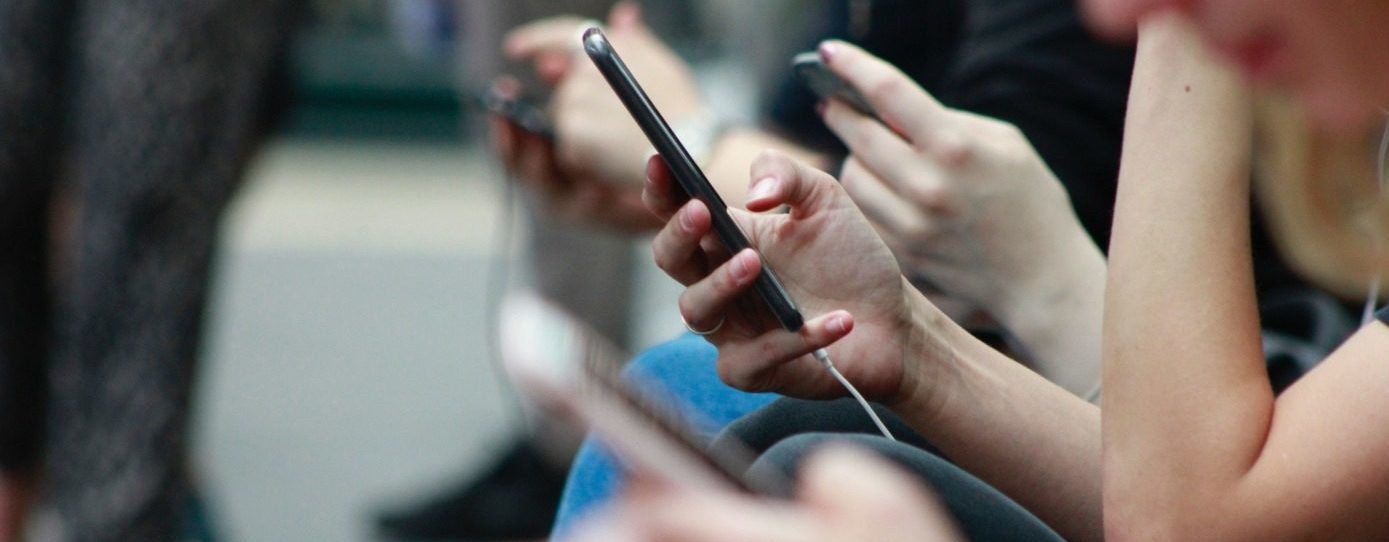Insta-jam: what the most recent social media outage means for our society
On the 13th March, Facebook Inc. suffered its biggest outage to date with millions losing access to their accounts across North America and Europe. The group includes multiple platforms, such as Facebook, Instagram, Messenger, and WhatsApp, with many users suffering severe disruption to these services. I was posting an “Insta” myself,at the time, somewhat ironically about my first Books article for The Boar, and suddenly my account logged me out. I was unable to log back in until the next day, when I found my post had made it into the cloud and received a grand total of four likes.
It’s easy to satirise the kind of panic that comes with a glitch like this. “Aha, look at the millennials desperately trying to get back online and update their stories, how shallow and self-obsessed!”. It’s true, I don’t know how many times I refreshed the webpage, closed and reopened the app, and even uninstalled it entirely in order to try and get my Instagram account back. I was almost ashamed at my inability to cope with the enforced rest from social media. Surely, I’m better than this? But the more frustrated I became, the more I began to realise what was at stake here.
Our posts, check ins, friendship anniversary videos, likes, and shares are now the important social markers in the history of our lives
Social media, for me and I’m sure many others, acts as my diary, a scrapbook of where I’ve been, with who, and what we did. The sublime nostalgia that comes with an “on this day” reminder from 5 years ago is the twenty-first century equivalent of having a flick through a photo album. All my memories from the last 10 years or so are stored in this one group of social media platforms owned by Mark Zuckerberg. So, I’m not ashamed to say that when it’s inaccessible, I am concerned.
At a conference I went to several years ago, a speaker gave the room this scenario. You wake up in your family home to find the house on fire, everyone is safe, you have time to save one item from the house, what is it? “Photo albums!”, shouts an eager volunteer after a short pause. They made a great point, photos are the permanent depiction of our most joyous ephemeral moments. As recent as within my lifetime, photo albums have been relied upon to capture irreplicable events like the birth of a child, marriages, birthdays, and holidays. Now the technological revolution has turned our gaze online. Our posts, check ins, friendship anniversary videos, likes, and shares are now the important social markers in the history of our lives.
Social media shaming is rife in our post-everything culture. The less time you spend on Facebook, the more ‘woke’ you are. But we should never feel ashamed to share our photos, thoughts, or life moments online; it’s only what people have being doing for centuries, only using other methods. Today, our most precious memories go on the internet just as photos did in photo albums, marriages were announced in newspapers, and portraits were painted by which to remember people.
Concern over social media outages is nothing to be ashamed about
Surely, then, Facebook has a duty of care and we have a right to be worried about glitches. After all, we, the tech-savvy youth, are entrusting a lifetime of memories and achievements to the capabilities of their cloud storage. It feels like every time social media connectivity goes down it’s for longer and effects more people. With the ever-expanding collection of data shared online by a growing user-base, will the servers become over-crowded? What will happen to our cloud-based keepsakes? I’m not a whiny millennial who can’t get her way, I’m invested in storing and sharing my memories on a secure server that won’t let me down, something a $70 billion company like Facebook should be able to provide.
Concern over social media outages is nothing to be ashamed about. Repeatedly trying to log into your Instagram account is no more a sign of social media addiction than rummaging in the loft for old scrapbooks is a sign of an obsession with paper and glue. When I graduate, I won’t be commissioning an oil painting, I’ll be posting my selfies online. So, Mark Zuckerberg, you better look after my data.

Comments